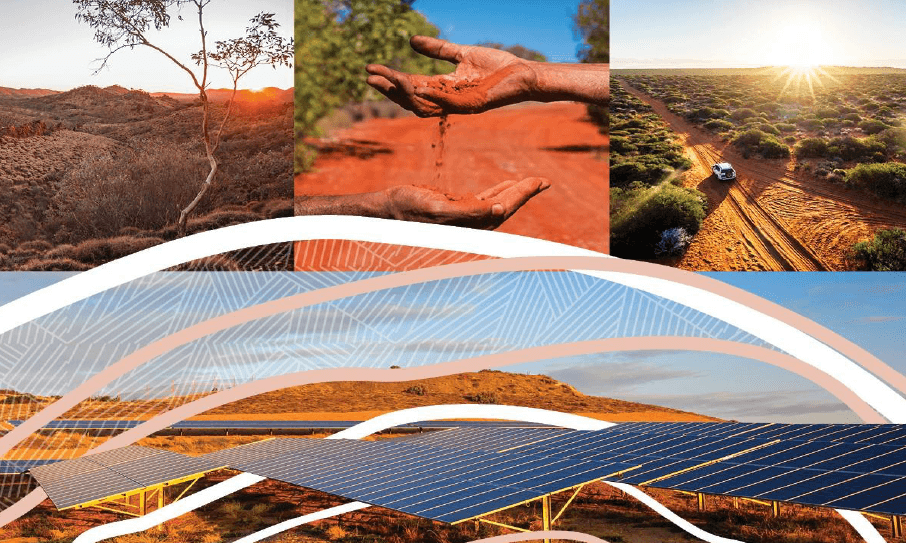Welcome to the March 2024 edition of the EAGA news round-up. Highlights from this edition are an advocacy win on zero-emission vehicles, an Alliance submission to the First Nations Clean Energy Strategy Consultation and EAGA’s new LinkedIn page.
Advocacy win: Fuel Efficiency Standards

In May 2023, the Victorian Greenhouse Alliances responded to a federal government consultation paper on the introduction of a fuel efficiency standard (FES) in Australia. The Alliances provided key recommendations in their response to the FES consultation paper, aimed at facilitating the transition to a zero-emissions transport sector.
In February, the Albanese government announced its intention to introduce legislation for what it refers to as the New Vehicle Efficiency Standard (NVES) by January 2025. This legislation would require automakers to meet increasingly stringent carbon emissions limits each year or face penalties.
The government released a consultation paper alongside this announcement, outlining its preferred approach to the NVES. Motor industry experts have indicated that, under this scenario, all new cars would be required to be zero emission vehicles by 2035. This aligns with one of the key recommendations made by the Alliances in their submission.
This move would bring Australia in line with EU regulations, another recommendation put forth by the Alliances. As highlighted by the Alliances, the absence of an FES has limited the availability of electric and low-emission vehicles, leaving motorists with polluting options that come with high operating costs. Addressing this barrier will be crucial in unlocking the supply of cleaner and more efficient vehicles.
First Nations Clean Energy Strategy Consultation

In February, the Victorian Greenhouse Alliances provided a submission to the federal government’s First Nations Clean Energy Strategy Consultation, supporting the draft principles and goals outlined in the Strategy.
The submission emphasises the importance of First Nations leadership and collaboration in the clean energy transition, calling for collaboration to avoid negative impacts and uphold the principle of Free, Prior, and Informed Consent.
To ensure equitable access to clean energy, the Alliances recommend a multi-level governance approach and increased funding for programs, including home energy efficiency upgrades and a First Nations-led Energy Efficiency Program. We stress the need for ongoing relationship building, increased funding, and capacity building to support First Nations communities. The submission highlights the importance of collaboration, benefit sharing, and ongoing consultation to achieve a fast, inclusive, and fair clean energy transition.
The Alliances also highlight the need for increased funding, capacity building, and engagement with First Nations organizations to support their active participation in the clean energy transition. Overall, our submission focuses on opportunities for governments to support First Nations participation and benefit sharing in the clean energy transition, emphasising the importance of meaningful collaboration and consultation with First Nations communities.
EAGA on LinkedIn

We are excited to announce the launch of the EAGA’s brand new LinkedIn page. Through the page, we aim to provide a platform for sharing the latest developments from the Alliance. It is part of our efforts to foster collaboration on sustainable practices in the Eastern region. Follow our LinkedIn page and be part of the conversation.
Comments are closed.
